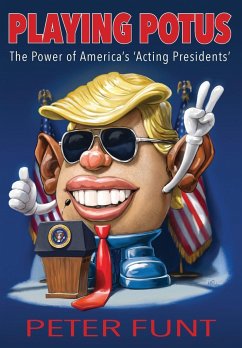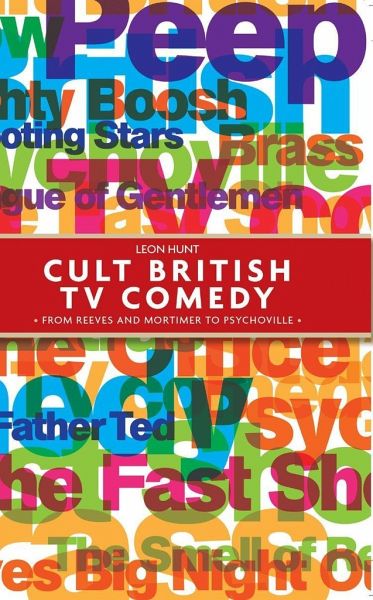
Cult British TV Comedy
From Reeves and Mortimer to Psychoville

PAYBACK Punkte
64 °P sammeln!
This book is the first sustained critical analysis of Cult British TV comedy from 1990 to the present day. The book examines 'post-alternative' comedy as both 'cult' and 'quality' TV, aimed mostly at niche audiences and often possessing a subcultural aura (comedy was famously declared 'the new 'rock'n'roll' in the early '90s). It includes case studies of Vic Reeves and Bob Mortimer and the sitcom writer Graham Linehan. It examines developments in sketch shows and the emergence of 'dark' and 'cringe' comedy, and considers the politics of 'offence' during a period in which Brass Eye, 'Sachsgate'...
This book is the first sustained critical analysis of Cult British TV comedy from 1990 to the present day. The book examines 'post-alternative' comedy as both 'cult' and 'quality' TV, aimed mostly at niche audiences and often possessing a subcultural aura (comedy was famously declared 'the new 'rock'n'roll' in the early '90s). It includes case studies of Vic Reeves and Bob Mortimer and the sitcom writer Graham Linehan. It examines developments in sketch shows and the emergence of 'dark' and 'cringe' comedy, and considers the politics of 'offence' during a period in which Brass Eye, 'Sachsgate' and Frankie Boyle provoked different kinds of media outrage. Programmes discussed include Vic Reeves Big Night Out, Peep Show, Father Ted, The Mighty Boosh, The Fast Show and Psychoville. Cult British TV Comedy will be of interest to both students and fans of modern TV comedy.




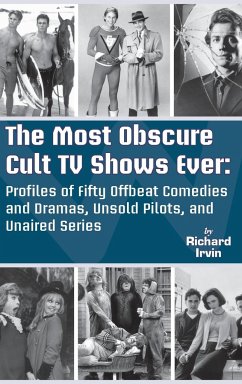
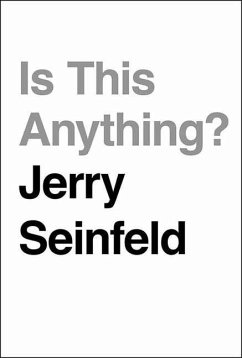
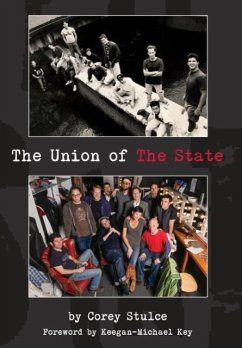


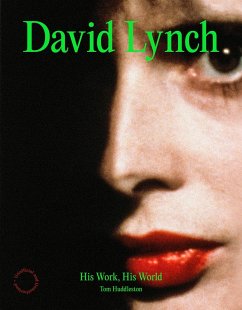
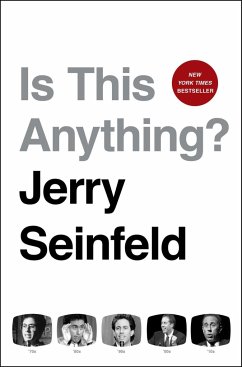
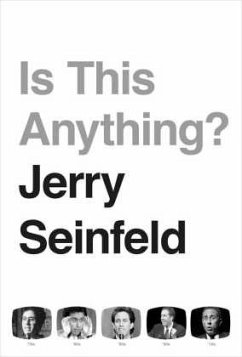
![Marilyn Monroe: Your Personal Fashion Consultant [With Paper Dolls] Cover Marilyn Monroe: Your Personal Fashion Consultant [With Paper Dolls]](https://bilder.buecher.de/produkte/26/26403/26403637n.jpg)
